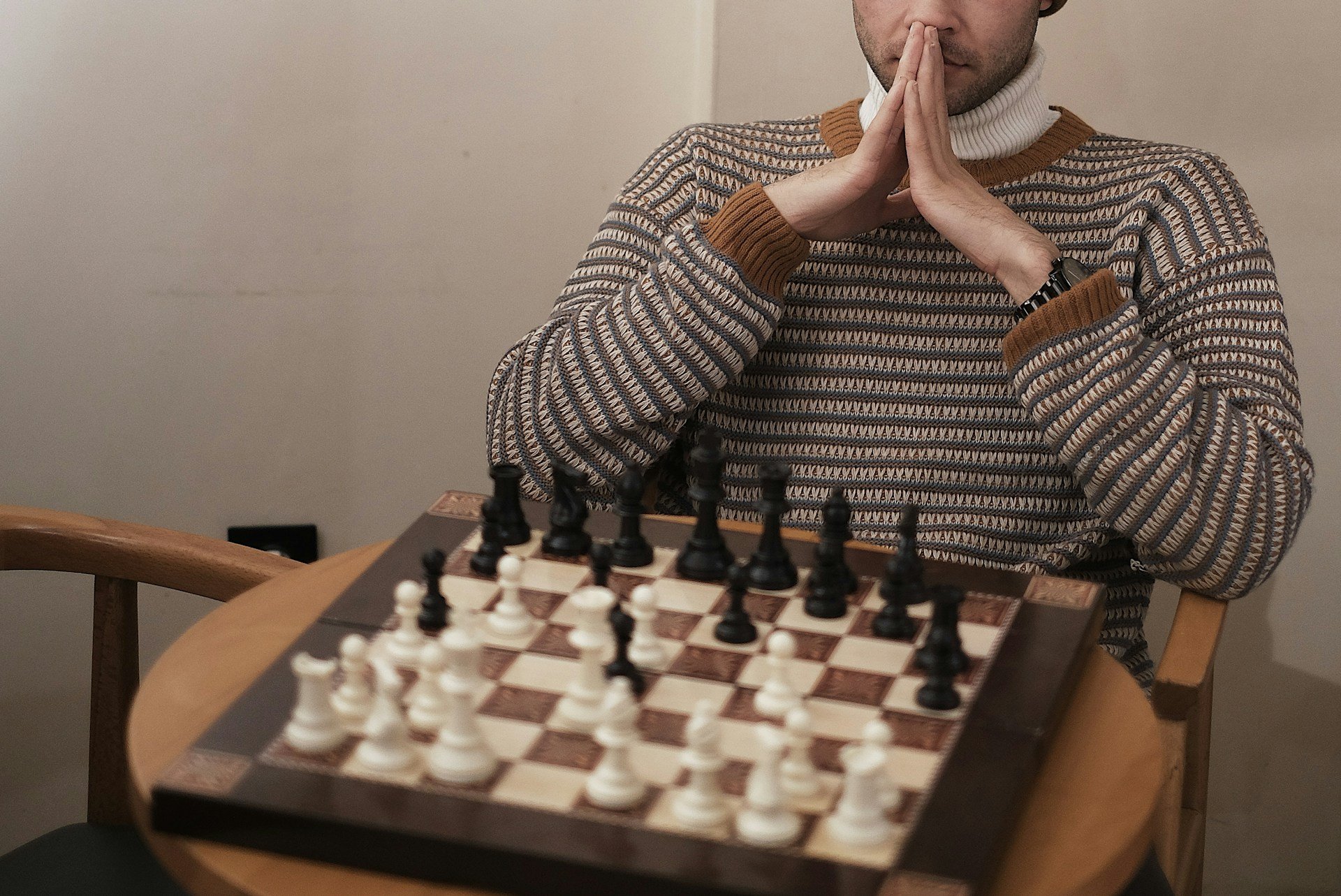Integrating Chess Learning Classes into Your Daily Routine
Chess is a game of strategy, skill, and mental agility that has captivated players for centuries. Integrating chess learning classes into your daily routine can be a fulfilling and intellectually rewarding experience. Whether you're a beginner or an advanced player, finding ways to fit chess into your schedule enhances your critical thinking skills and improves your concentration and memory.
The key to benefiting from chess is consistent practice. By incorporating regular practice sessions, players can develop a deeper understanding of the game, refine their techniques, and enjoy the satisfaction of strategic victories. Here, practical tips are explored for seamlessly integrating chess into your everyday life, focusing first on creating a chess-focused schedule at home.
Creating a Chess-Focused Schedule at Home
Finding time for chess practice amid a busy daily routine can initially seem challenging, but with some organization and dedication, you can establish a sustainable schedule that accommodates your passion for the game. Here are some straightforward tips to help you carve out time for chess practice:
- Choose a Consistent Time: Whether it's early in the morning or after dinner, selecting a regular time each day helps make chess a habitual part of your routine.
- Establish a Dedicated Space: Set up a quiet and comfortable area where you can focus on the game without distractions. A well-lit corner with a simple chessboard can become your personal training ground.
- Incorporate Short Practice Sessions: Instead of setting aside large blocks of time, break your practice into manageable 20-30 minute sessions. This approach keeps you engaged without overwhelming you.
You may draw inspiration from everyday activities to seamlessly integrate chess into your life. For example, similar to squeezing in a quick workout while the coffee brews, consider a brief chess puzzle or practice match during short breaks in your routine.
Taking small, deliberate steps to make chess a regular part of your life not only enhances your playing skills but also offers valuable moments of relaxation and mental refreshment amidst a busy day. Transitioning from home practice, let's explore how public spaces can further enrich your chess learning experience.
Utilizing Public Spaces for Practice
In Brooklyn, the vibrant community vibe adds a unique flavor to honing your chess skills in public spaces. Practicing chess outdoors can be a refreshing change from the usual home setup. Not to mention, it offers the chance to meet fellow chess lovers. Imagine setting up your board at a local park, like Prospect Park, where the surroundings inspire creativity and focus. Engaging in chess matches here allows players to adapt to different playing conditions, which may stimulate fresh strategies and sharpen their mental agility.
Another great place to consider is community centers, which often host chess clubs or informal playing sessions. Brooklyn's community centers provide a friendly environment where players of all levels can come together. Engaging with players of varied skill sets not only challenges you but also enriches your understanding of chess tactics.
Public spaces aren’t just about battling opponents. They give players an opportunity to observe different playing styles, often sparking new ideas that can be tried in their next game. Being in these spaces helps in picking up subtleties of the game that might be missed in solo practices.
Balancing Chess with Other Daily Activities
Chess enthusiasts often juggle multiple roles, from family responsibilities to work obligations. It’s important to strike a good balance so chess practice doesn’t become overwhelming. Here are some tips to help:
- Prioritize Your Activities: List your tasks for the week and allocate specific slots for chess practice. Keep these sessions flexible to accommodate unexpected changes.
- Integrate Chess into Leisure: Use leisure moments to engage in brief chess exercises or online puzzles. A casual game with family members serves as both bonding time and practice.
- Practice Mindfulness: Like chess, mindfulness encourages focus and clarity. Spend a few minutes meditating before or after chess to keep your mind sharp and stress-free.
Finding the right balance ensures that chess remains a joyful activity, instead of an added pressure.
Setting Realistic Goals and Tracking Progress
Without realistic goals, anyone can easily lose motivation. Chess learning thrives on measurable progress. Start by defining what you want to achieve, whether it's mastering specific openings or improving tactical skills. Break down these goals into smaller, manageable tasks.
- Set Short-Term Milestones: Focus on weekly achievements. It could be understanding a new opening strategy or defeating a tricky opponent.
- Use a Chess Journal: Document your games, noting wins, losses, and areas for improvement. Review this journal regularly to identify patterns in your play.
- Celebrate Small Wins: Reward yourself for meeting goals, no matter how minor they seem. This positive reinforcement keeps motivation high.
By setting clear objectives and tracking them, your chess journey becomes much more rewarding.
Creating a Smoother Sailing Chess Journey
Integrating chess into your daily routine is a journey of discovery and growth. Through creating dedicated practice schedules, venturing into public spaces, and balancing it with other commitments, you enrich both your life and chess skills. Remember, it's about enjoying the process and celebrating the small victories along the way.
As you practice, embrace the community around you to further enhance your experience. Each journey is unique, and the experiences you gain as you grow with chess can lead to fulfilling accomplishments both on and off the board. Embrace the challenge, and let chess become a cherished part of your everyday life.
Ready to take your chess skills to the next level in Brooklyn? Explore our chess learning classes at United States Chess Academy, where structured support and expert instruction help players fit meaningful improvement into their daily routine.

